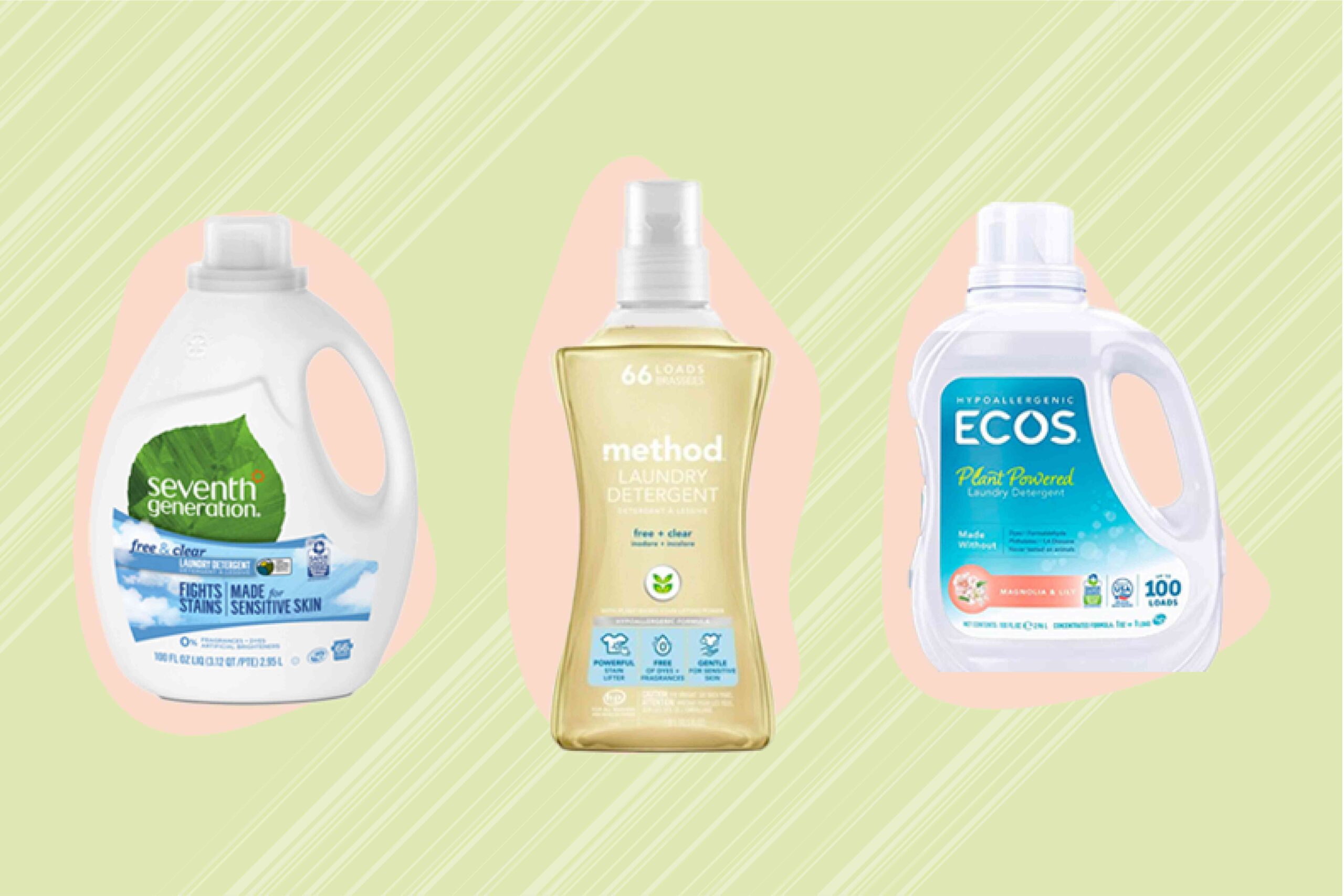Are you wondering if Tide detergent is safe to use in your septic system? Many people are concerned about the potential harm that certain laundry detergents can have on their septic systems. In this article, we will explore whether or not Tide detergent is safe for septic systems, providing you with the information you need to make an informed decision.
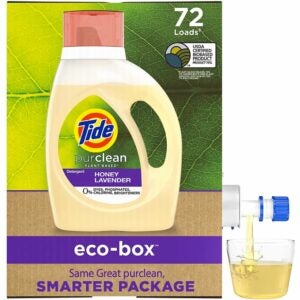
Potential Impact of Tide Detergent on Septic Systems
Understanding Septic Systems
Before diving into the potential impact of Tide detergent on septic systems, it is important to have a basic understanding of how septic systems work. Septic systems are on-site wastewater treatment systems commonly used in rural areas where there is no access to a centralized sewer system. They consist of a septic tank, which receives and separates solid waste from wastewater, and a drainfield, where the wastewater is treated and filtered before being released back into the ground.
The Composition of Tide Detergent
Tide detergent, like many other commercial laundry detergents, is a complex mixture of chemicals designed to remove dirt, stains, and odors from clothing effectively. It contains a combination of surfactants, enzymes, optical brighteners, and other ingredients that work together to ensure clean and fresh-smelling laundry.
Effects of Chemicals on Septic Systems
While Tide detergent is formulated to be safe and effective for daily laundry use, some of its ingredients may pose potential risks to septic systems if used excessively or improperly. The chemicals in detergents can disrupt the balance of bacteria and enzymes in the septic tank, compromising its ability to break down solid waste and treat wastewater effectively. This can lead to clogging, system failure, and environmental contamination.
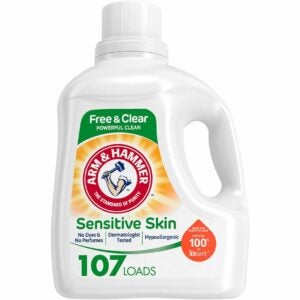
Tide Detergent Ingredients and their Impact on Septic Systems
Phosphate Compounds
Phosphates are commonly found in laundry detergents, including some formulations of Tide. These compounds can act as a nutrient for algae and other aquatic plants, leading to excessive growth in bodies of water, a phenomenon known as eutrophication. When phosphates from detergents reach septic systems, they can contribute to nutrient overload, potentially causing imbalances in the microbial ecosystem of the tank.
Surfactants
Surfactants are the key cleaning agents in Tide detergent. While they are essential for removing dirt and stains, high concentrations of surfactants can have detrimental effects on septic systems. Surfactants can reduce the activity of beneficial bacteria in the septic tank, impairing the breakdown of organic matter. This can result in sludge buildup, reduced wastewater treatment efficiency, and an increased need for septic tank pumping.
Enzymes
Many laundry detergents, including Tide, contain enzymes that help break down proteins, fats, and carbohydrates present in stains. Enzymes are naturally occurring proteins that speed up chemical reactions and play a crucial role in the biodegradation of organic matter. However, excessive use of enzyme-containing detergents can overwhelm the septic system with high levels of enzymes, potentially causing an imbalance in the microbial population and interfering with the natural degradation process.
Optical Brighteners
Optical brighteners are compounds added to laundry detergents to make clothes appear whiter and brighter. These compounds function by absorbing ultraviolet light and re-emitting it as visible light, enhancing the appearance of fabrics. While optical brighteners themselves do not pose significant risks to septic systems, their presence in wastewater can interfere with certain water treatment processes, such as the use of ultraviolet disinfection systems.
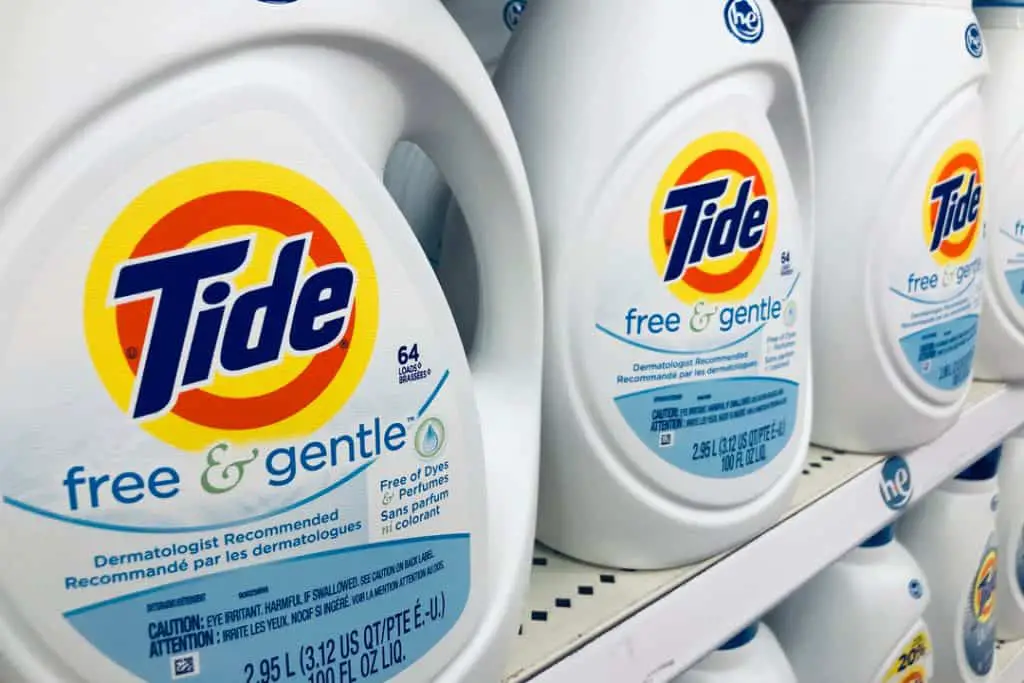
Research Studies and Expert Opinions
Research Conducted on Tide Detergent
Several research studies have been conducted to evaluate the impact of Tide detergent on septic systems. One study published in the Journal of Environmental Science and Health found that the use of Tide detergent did not significantly affect the overall performance of septic tanks. However, it noted that the excessive use of detergent could lead to an increased need for septic tank pumping and maintenance.
Another study conducted by the Department of Civil and Environmental Engineering at the University of Wisconsin-Madison found that surfactants present in laundry detergents, including Tide, can have adverse effects on septic systems. The study observed a decrease in microbial activity and overall system performance when high levels of surfactants were present in the wastewater.
Expert Opinions on Tide Detergent and Septic Systems
Experts in the field of wastewater treatment generally recommend caution when using Tide detergent in septic systems. They emphasize the importance of using detergents in moderation and choosing septic-friendly products whenever possible. While Tide has not been specifically implicated as a major threat to septic systems, experts advise homeowners to be mindful of their detergent usage and to take steps to maintain the health and functionality of their septic systems.
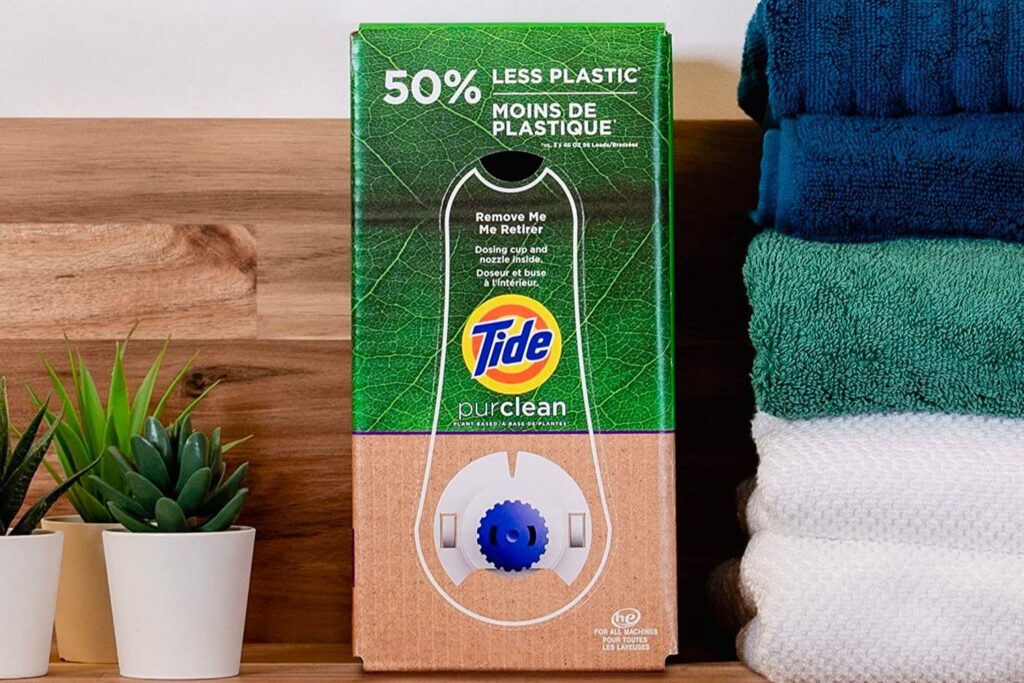
Septic System Maintenance and Precautions while Using Tide Detergent
Regular Pumping and Inspection
Regardless of the detergent used, regular septic system maintenance is essential to ensure its proper functioning. It is recommended to have your septic tank pumped every three to five years, depending on the household size and water usage. Regular inspections can also help identify any early signs of potential issues, allowing for timely repairs or adjustments.
Avoiding the Excessive Use of Detergent
To minimize the potential impact of Tide detergent on your septic system, it is crucial to use the appropriate amount of detergent per load of laundry. Following the manufacturer’s guidelines and avoiding excessive use can help prevent the buildup of harmful chemicals in the septic tank and maintain the balance of beneficial bacteria.
Choosing Septic-Friendly Detergents
While Tide detergent may not pose significant risks when used responsibly, opting for septic-friendly detergents can provide an extra layer of protection for your septic system. These detergents are specially formulated to be compatible with septic systems, minimizing the potential for harm to the microbial ecosystem and ensuring effective wastewater treatment.
Proper Disposal of Household Wastewater
In addition to using detergents responsibly, proper disposal of household wastewater is essential for the health of your septic system. Avoid pouring excessive amounts of water into drains, as this can overload the system. Similarly, avoid disposing of non-biodegradable materials, such as wipes or harsh chemicals, down the drain, as they can cause clogs and disrupt the functioning of the septic tank.
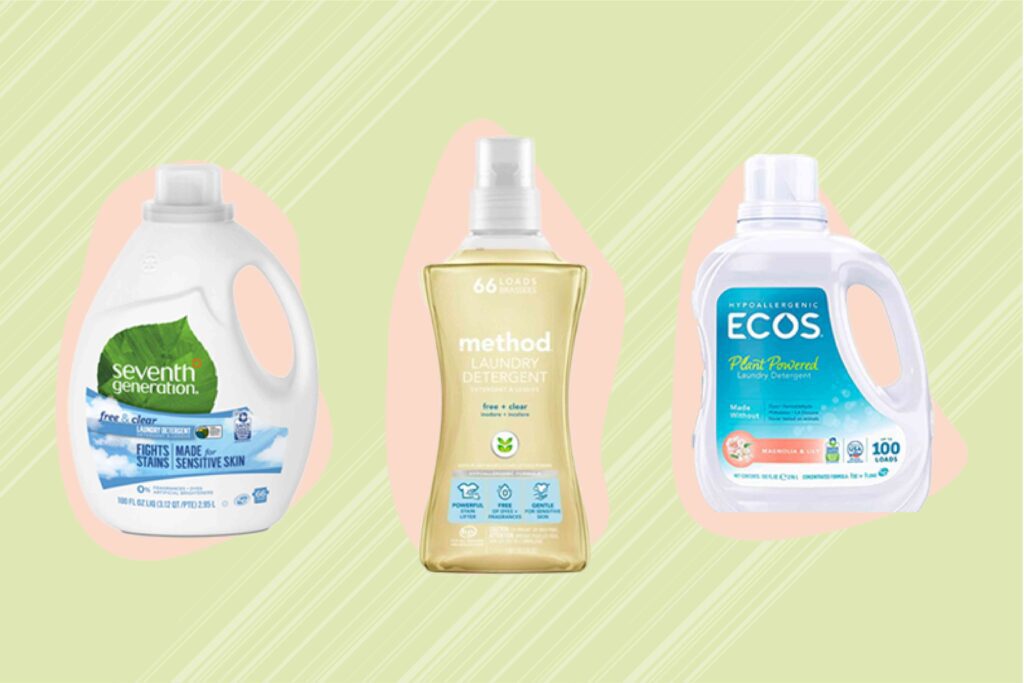
Alternatives to Tide Detergent
Septic-Safe Detergent Brands
If you are concerned about the potential impact of Tide detergent on your septic system, there are several septic-safe detergent brands available on the market. These detergents are specifically formulated to be gentle on septic systems while still providing effective cleaning results. Look for labels that indicate “septic-safe” or “safe for septic systems” to ensure you are making a suitable choice for your septic system.
Homemade Detergent Recipes
For those who prefer a more natural approach or have specific sensitivities, homemade detergent recipes can be an alternative to commercial detergents. These recipes typically utilize biodegradable ingredients such as washing soda, borax, and natural soap flakes. However, it is important to note that homemade detergents may not be as effective in removing tough stains, and their impact on septic systems can vary depending on the specific ingredients used.
In conclusion, while the use of Tide detergent in septic systems is generally considered safe when used responsibly, it is crucial to be mindful of its potential impact. Regular septic system maintenance, proper detergent usage, and choosing septic-friendly alternatives can help ensure the long-term health and functionality of your septic system. With the right precautions and awareness, you can maintain both clean laundry and a well-functioning septic system.
